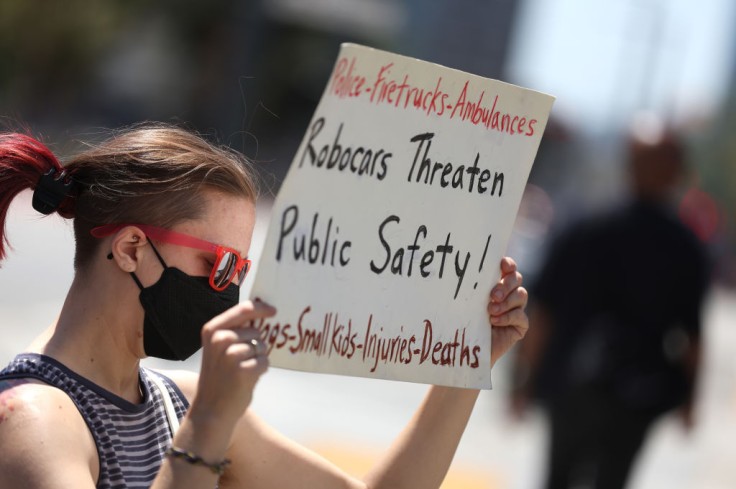The city of San Francisco has officially filed a lawsuit against California for "unlawfully" authorization of self-driving cars.
Directed at Waymo, the complaint is demanding the California Public Utilities Commission to reconsider its August decision allowing self-driving cars to operate 24/7 as paid taxi service.

According to the lawsuit, the commission ignored concerns about autonomous vehicles and failed to meet its obligation "to promote public safety."
One of the supposed targets of the lawsuit, Cruise, already had its license revoked after one of its AVs hit a pedestrian and dragged her for nearly 20 feet.
The lawsuit was filed back in December but remained unreported until now. The Washington Post first noted the litigation.
Califonians Oppose Self-Driving Cars Over Safety, Regulation Concerns
The recent setback to Waymo and other self-driving car companies' goal to operate on the West Coast has shown the increasing reluctance of the state's population towards the service.
Even before CPUC's decision in August, city officials have been trying to halt the companies' expansion in the city.
One of the main concerns highlighted in the issue was the lack of safety measures implemented on the vehicles outside of what the company provides, an issue the city finds a "serious problem."
Both Cruise and Waymo have cited self-reported data as evidence for their vehicle's capabilities.
City Attorney David Chiu, who filed the case, said the AVs have already been involved in "hundreds" of road accidents, including interference with first responders.
A representative of Waymo told The Washington Post that they were "disappointed" with the city's decision but confident that their operations will still continue.
Related Article : 5 Potential Impacts of Transitioning to Autonomous Vehicles
Why San Francisco?
San Francisco has become the hotbed of self-driving car development, as well as the ensuing controversies, thanks to the city's population.
In 2017, the city made it to the top of the list for the city with the most ride-sharing services used per person with Uber and Lyft considered to be the biggest contributors to the city congestion.
If San Francisco became successful, the case will provide an unprecedented call for regulation on the AVs that could impact its plans to operate in Texas and Nevada.









